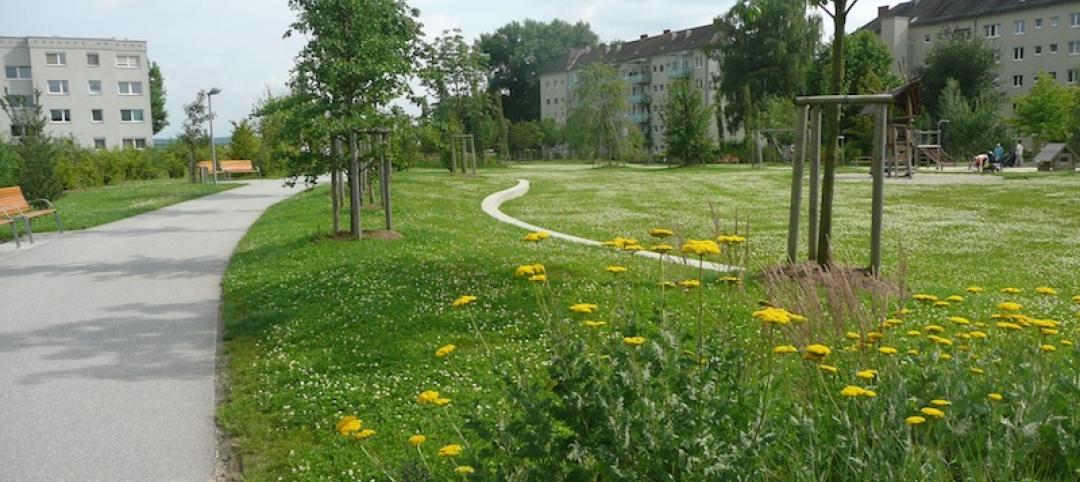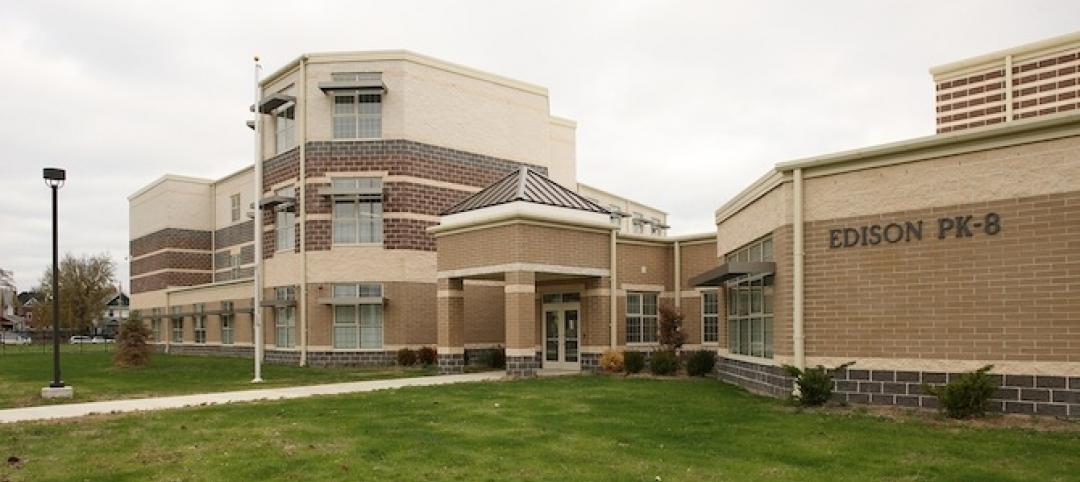The International Code Council (ICC) stripped the rights of local governments to vote on provisions of new versions of the International Energy Conservation Code (IECC).
The move could make it harder for cities to reduce their greenhouse gas (GHG) emissions within building sectors. The ICC’s new code development system gives the construction and gas industries more control by replacing localities’ voting power with a new process that still factors in local-level input, but gives industry groups more say in the end result of code development.
States typically adopt the ICC’s most recent standards for their building codes. If new code versions are less ambitious in promoting energy efficiency and cutting GHG emissions, cities are likely to adopt less stringent state codes.
More than 200 organizations and individuals submitted comments to the ICC surrounding its decision to end government voting, with 75% of those comments opposed to the action.
Related Stories
| Jan 2, 2014
Green infrastructure prominent in Akron, Ohio's sewer plans
City officials in Akron, Ohio want to prevent stormwater from entering its combined sewer system through the use of green infrastructure.
| Jan 2, 2014
OSHA to hold public meeting on proposed rule to improve tracking of workplace injuries
The Occupational Safety and Health Administration (OSHA) has scheduled a public meeting to allow interested parties to comment on the proposed rule to improve tracking of workplace injuries and illnesses.
| Jan 2, 2014
Measuring whole building energy use among big changes in LEED v4
A new prerequisite in LEED v4 calls for each project to measure whole building energy use, and then share that data with USGBC.
| Jan 1, 2014
San Francisco hosts Net Positive Energy + Water Conference
The Living Building Challenge’s Net Positive Energy + Water Conference will be held Feb. 4-5 in San Francisco.
| Dec 27, 2013
California’s new Title 24 energy code compliance date pushed back to July 1, 2014
Due to the stringency of the provisions in California’s new Title 24 energy codes, their implementation has been postponed until July 1, 2014 to allow jurisdictions and engineers to prepare for them.
| Dec 27, 2013
$1 billion 'city within a city' development approved by Coachella, Calif., city council
The mega development includes 7,800 homes, a retail center, office space, and nearly 350 acres of open space.
| Dec 26, 2013
OSHA may require companywide reporting of injuries and illnesses
The Occupational Safety and Health Administration is considering a change in policy that would require organizations to submit company-wide data on illnesses and injuries.
| Dec 26, 2013
USGBC recognizes Ohio for achieving 100th LEED-certified public school
The U.S. Green Building Council (USGBC) has recognized the state of Ohio and the Ohio School Facilities Commission (OSFC) on the LEED certification of the 100th public school building in the state.
| Dec 26, 2013
WDMA launches project to create ISO-compliant architectural doors
WDMA's National Architectural Door Council has initiated a project to create ISO-compliant Product Category Rules for architectural wood flush and stile and rail doors
| Dec 19, 2013
Defense Department okays Green Globes standard for DoD facilities
The Green Globes certification program from the Green Building Initiative can be used for the renovation and construction of Department of Defense facilities following agency endorsement.

















